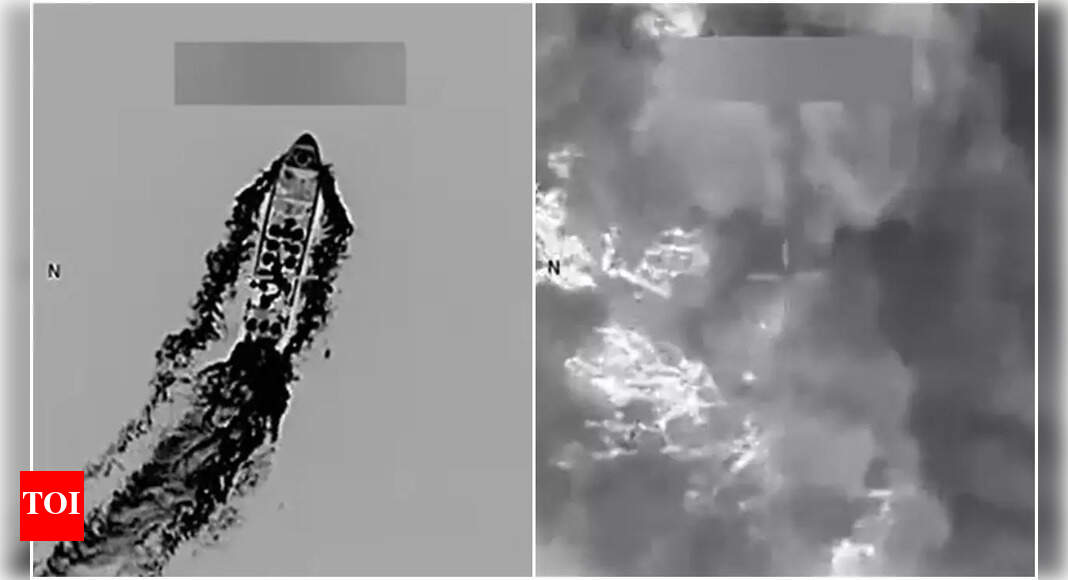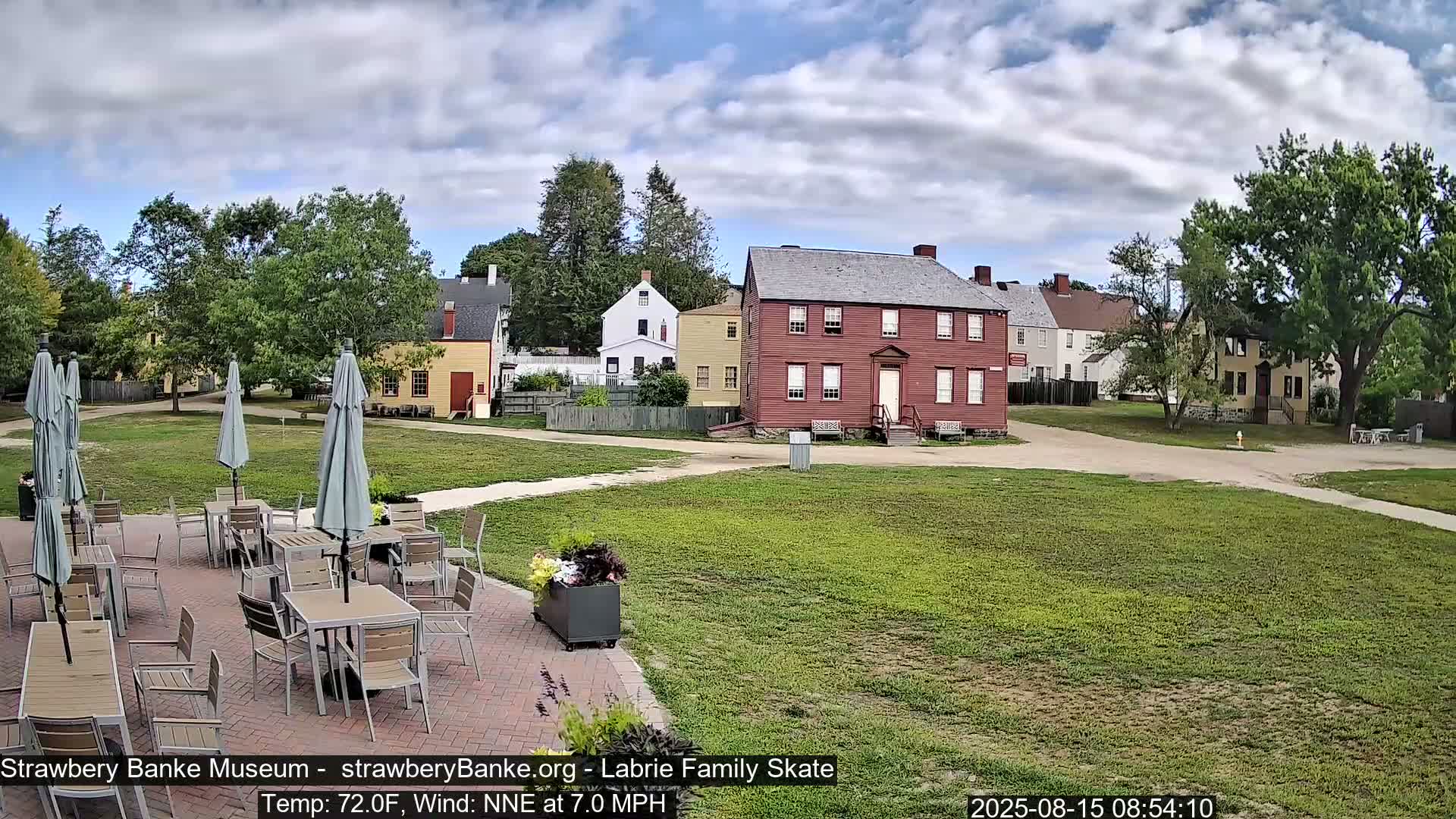US Launches 'Operation Southern Spear' in Caribbean: Strikes Vessel, Kills Four Amid Anti-Drug Escalation & Venezuela Stance
 United States
National Security
United States
National Security

The US military initiated 'Operation Southern Spear' to combat drug trafficking in the Caribbean, involving recent strikes and the deployment of warships. The o
US Launches 'Operation Southern Spear' Amid Escalating Caribbean Anti-Drug Campaign
The United States military has significantly escalated its anti-drug operations in the Caribbean with the recent launch of "Operation Southern Spear." This new offensive, spearheaded by Defense Secretary Pete Hegseth, explicitly targets "narco-terrorists" and aims to fortify the American homeland against illicit drug flows.
Recent Strikes and Broader Context
Reports from a Pentagon official confirmed a US military strike on Monday against an alleged drug-trafficking vessel in the Caribbean Sea, which resulted in the deaths of four individuals on board. This incident is part of a broader, more aggressive interdiction strategy. Since September, US forces have carried out 20 strikes in international waters, destroying at least 21 suspected trafficking vessels and leading to approximately 80 fatalities.
Defense Secretary Hegseth Unveils the Mission
Defense Secretary Hegseth publicly introduced Operation Southern Spear, articulating its objective to eradicate "narco-terrorists" from the Western Hemisphere, a region he emphatically referred to as "America’s neighborhood." The operation entails a substantial deployment of naval assets, including major warships like the USS Gerald R. Ford, across the Caribbean region.
Administration's Stance and Future Considerations
The Trump administration has publicly endorsed these intensified operations as a critical component of its anti-drug campaign, although specific details regarding the rules of engagement remain sparse. Furthermore, President Trump has hinted at the potential for land-based operations, with senior military officials reportedly presenting "updated options" for possible actions in Venezuela earlier this week. However, no final decisions on these potential ground interventions have been announced.
Leadership Changes and Legal Scrutiny
Operation Southern Spear falls partly under the purview of Southern Command (SOUTHCOM), the entity responsible for overseeing US military activities throughout Central and South America and their adjacent maritime territories. The upcoming retirement of SOUTHCOM's head, Navy Admiral Alvin Holsey, in mid-December—roughly a year into his term and earlier than originally planned—has garnered attention. Sources suggest Admiral Holsey favored a more cautious operational approach than Secretary Hegseth. The legality of these ongoing naval strikes has also become a point of contention among Democrats.
Hegseth's Social Media Message
Secretary Hegseth underscored the mission's strategic importance in a post on X (formerly Twitter), stating, "Led by Joint Task Force Southern Spear and @SOUTHCOM, this mission defends our Homeland, removes narco-terrorists from our Hemisphere, and secures our Homeland from the drugs that are killing our people. The Western Hemisphere is America’s neighborhood – and we will protect it."
This initiative represents a significant push by the United States to intensify its battle against drug trafficking networks, carrying notable implications for regional stability and broader international relations.





